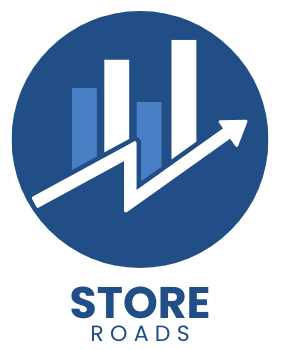A blog post is an individual article published on a blog that shares information, opinions, tutorials, or stories. It typically addresses a specific topic and provides value to readers in a conversational and engaging format. Whether you’re running a personal blog or managing content for a business, knowing what a blog post is helps you connect with your audience and build authority online.
Why Are Blog Posts Important?
Blog posts are essential components of content marketing. Here’s why they matter:
-
Drive Traffic: Search engines like Google index blog posts, helping your website attract organic visitors.
-
Establish Authority: High-quality blog posts position you as an expert in your niche.
-
Engage Readers: Informative and well-written posts keep readers engaged and returning for more.
-
Support SEO: Blog posts help target keywords like what is a blog post to improve search visibility.
Key Elements of a Blog Post
To fully understand what a blog post is, it helps to break it down into its core components:
-
Title
A clear and compelling headline that encourages clicks. Example: What Is a Blog Post? Everything You Need to Know -
Introduction
This hooks the reader and introduces the topic. -
Body Content
This section explains your topic in detail, usually broken into subheadings (like this one!). -
Images or Media
Visuals make the post more engaging and easier to understand. -
Conclusion
Summarize the content and provide a call-to-action (CTA), like commenting or subscribing.
Types of Blog Posts
There are various styles of blog posts. Understanding these helps you craft content that suits your audience:
-
How-to Posts – Step-by-step guides (e.g., How to Start a Blog)
-
Listicles – Posts in list format (e.g., 10 Tips for Writing Great Blog Posts)
-
Case Studies – Real-life examples of success or lessons learned
-
Opinion Pieces – Share your personal take on an issue
-
Product Reviews – Analyze and recommend products or services
How Long Should a Blog Post Be?
The ideal length varies, but for SEO purposes, posts between 1,000–2,500 words tend to perform well. However, quality always trumps quantity.
What Makes a Blog Post Successful?
If you want your blog post to rank well and serve your audience, it should:
-
Target a relevant keyword like what is a blog post
-
Provide real value and answer questions readers are asking
-
Be easy to read, using short paragraphs and headings
-
Include internal links to related blog posts on your site
-
Contain a call-to-action to encourage engagement
Examples of Blog Post Use
Blog posts are used across industries:
-
Digital Marketing: Explain concepts like email automation or SEO tips
-
E-commerce: Share product guides or customer stories
-
Personal Blogs: Document experiences, hobbies, or lessons
-
Business Blogs: Educate customers, build trust, and boost SEO
Final Thoughts
So, what is a blog post? It’s more than just a piece of writing—it’s a powerful tool to educate, inspire, and connect with readers online. Whether you’re just starting out or refining your content strategy, understanding the structure and purpose of blog posts is key to digital success.

